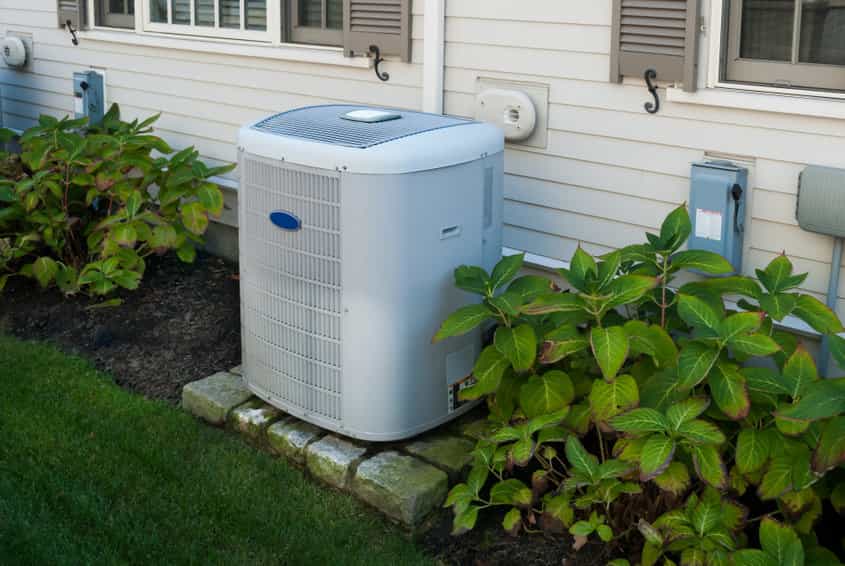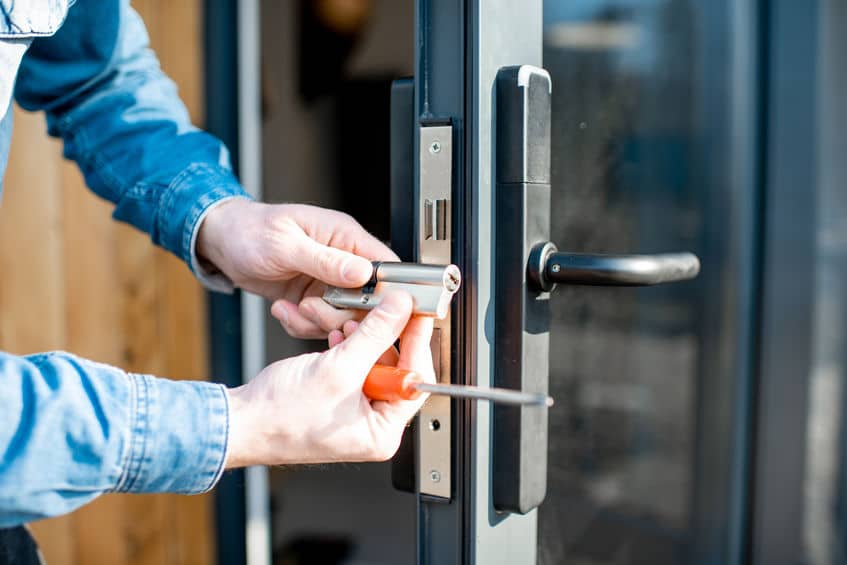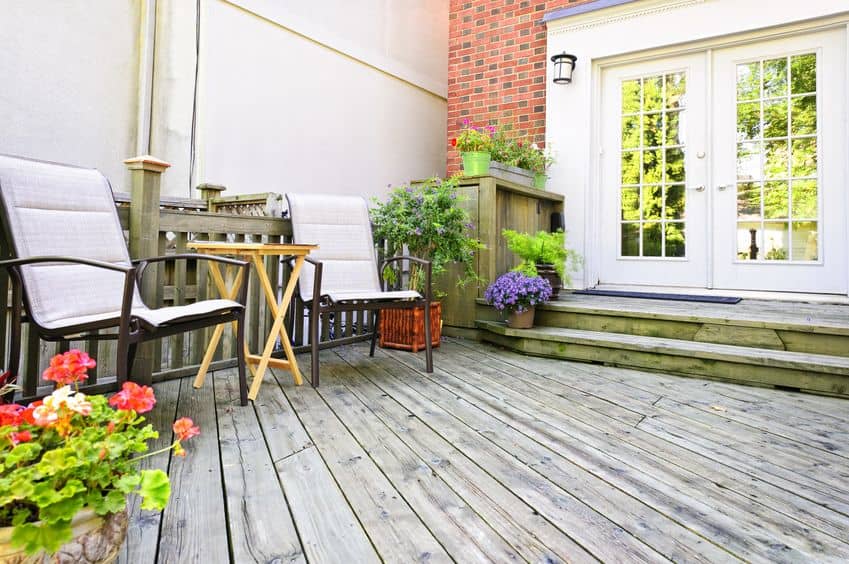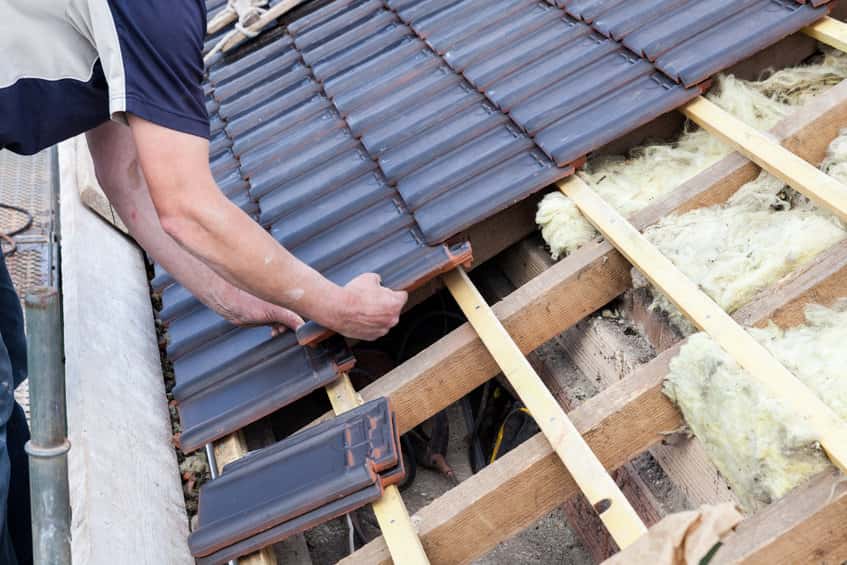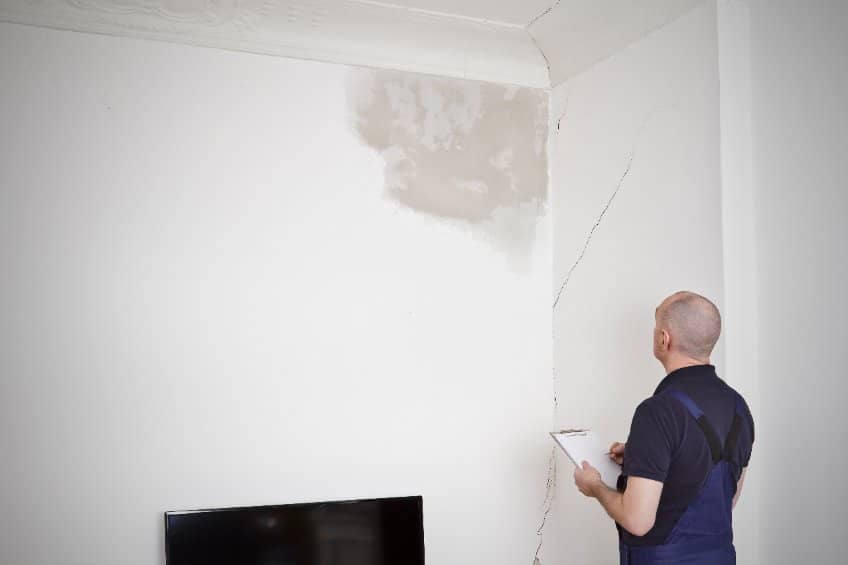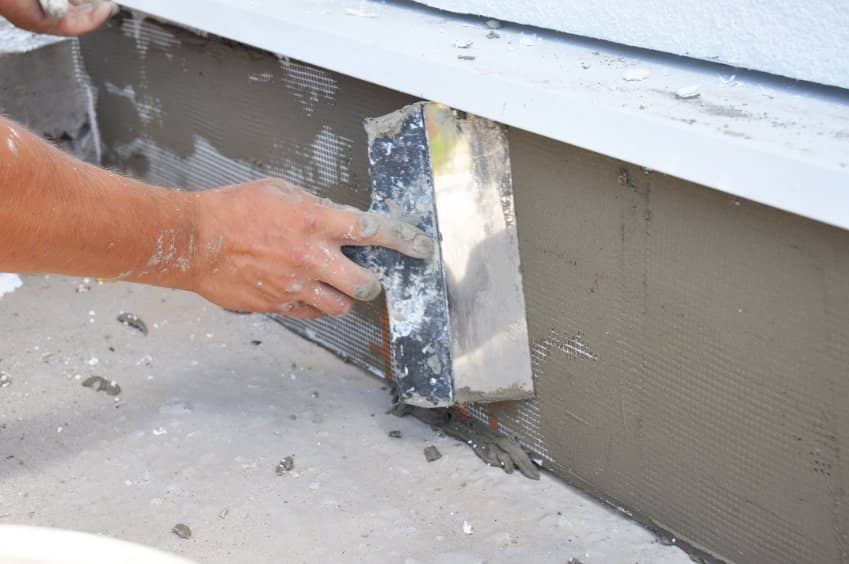Follow Our Maintenance Checklist
Your central air conditioning unit is likely one of the most expensive individual components of your home. It can cost well into the thousands of dollars to replace, which is why it’s so important to maintain your residential air conditioning system.
Regular maintenance will extend the life of your unit, which means you won’t need to replace it as frequently. But regular maintenance also ensures your air conditioner is running properly, keeping humidity levels down, and helping you and your family stay cool.
You can perform air conditioner maintenance yourself, or you can contact your local HVAC service provider to do it for you. Either way, you’ll end up cutting back on the amount of necessary air conditioner repairs by keeping your system in tip-top condition.
Why Maintenance Matters
If speaking in generalizations about how maintenance helps your system isn’t convincing enough, then you’ll want to know actual statistics about your system.
Improperly maintained equipment can result in a 20 percent increase in energy costs – that’s a lot to add to your monthly bill!
Various aspects of A/C maintenance can contribute to savings and efficiency. For example, a dirty A/C evaporator coil increases energy costs by about 5 percent, while a dirty blower reduces air flow by 30 percent, so your system ends up having to work harder! And an air conditioner system with undercharged refrigerant cuts efficiency in half.
If you care at all about sticking to a monthly budget and not wasting money on frivolous things, then air conditioner maintenance is probably important to you.
When to Perform A/C Maintenance
Start air conditioner maintenance in the spring, before you need to turn on your system. This ensures it’s working properly before the hot summer months. Then, throughout the summer, check on your outdoor condenser to ensure it’s clean, and do a visual inspection of the rest of your system.
You’ll also want to change or clean your air filter, located next to the blower fan in a furnace unit, at least once a month.
Then, before winter, you’ll want to shut off your air conditioning system and make sure your outdoor unit is ready for winter with another quick clean. (And yes, you’ll also need to perform heating maintenance before turning on your system.)
What Do I Need to Do?
Follow these HVAC tips for homeowners so you can keep your air conditioner running cold! This is what the professionals do when they prepare your A/C for the summer.
On your outdoor unit, also called the condenser:
- Clean dirt, leaves, and debris from inside.
- Remove obstructions from the base pan to keep drains open.
- Inspect the fan motor and fan blades; add lubrication if necessary
- Look over the control box and any accessories or connections for wear or damage.
- Check the compressor and tubing for any damage
- Check the refrigerant level. You’ll likely need professional help if you need more refrigerant.
Inside your home:
- Clean the blower assembly, and remove lint or debris from the blower housing.
- Lubricate the motor and replace the fan belt, if necessary.
- Check the evaporator coil, drain pan, and condensate drain lines for wear or damage.
- Inspect, clean, and adjust the ignition system and safety controls.
- Ensure wiring and connections in the control box and associated controls are in good working order.
- Replace or clean the air filter.
- Check your ductwork for leaks.
Now that these steps are complete, you should turn on your air conditioning (even if you don’t need it to keep your house cool yet) and continue your maintenance tasks.
- Make sure your system starts properly.
- Listen for strange noises and smell for unusual odors.
- Measure the outdoor dry bulb temperature and the indoor dry and wet bulb temperatures.
- Check for correct and sustained refrigerant charge.
- Check your vent system for proper operation – all the vents and returns in your home.
- Measure high and low side system pressures.
- Measure temperature rise and adjust airflow as needed.
- Monitor general system operation, including the correct line and load volts and amps.
If this seems complicated or difficult to you, you aren’t alone. For many homeowners, doing more than changing an air filter or cleaning the condenser feels like a hard task.
That’s why you can always call in a professional, and for a fraction of the price of your utility bill, major repairs, or unit replacement, they’ll make sure your air conditioner is running smoothly.
